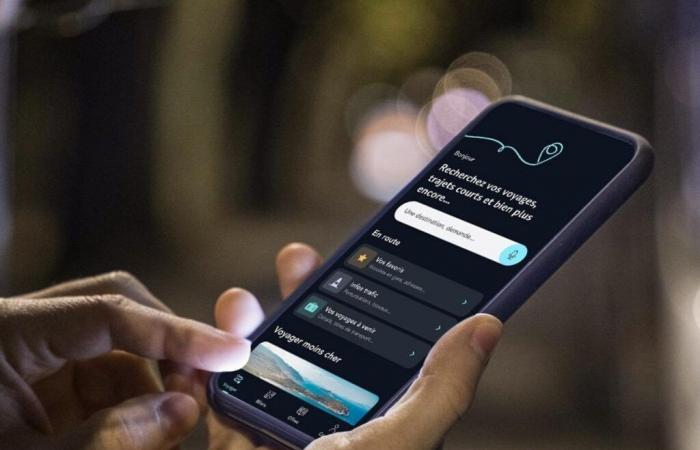Managing the accounts of deceased people has become a real challenge for platforms. It is estimated that nearly 8,000 people die on Facebook every day. At this rate, the social network could be populated by more dead people than living people in less than 50 years.
Often, when no request is made first, a deceased person’s account continues to exist online. Because social networks cannot tell the difference between an inactive account and that of a deceased person.
Conversations, videos, photos or opinions then remain visible on their profile. As if the person was still alive… This can give rise to embarrassing situations, when Facebook reminds you of a memory with a missing loved one or suggests that you celebrate their birthday, for example.
Anticipating your digital death is therefore an important step to protect your loved ones. It’s also a way to prevent your personal information from falling into the wrong hands in the event of a hack.
Dedicated tools on social networks
To allow their users to plan their digital death, social networks have put in place special systems. On Facebook, for example, it is possible to decide now whether your account will be deleted when you die or whether it should be transformed into a memorial profile.
The settings are accessible in the “Privacy settings”. You must go to “Account areas”, in “Personal information”, select “Properties and account control” then click on “Commemoration”.
Two options are available to you. You can first request that Facebook delete your profile when you die. This means that as soon as your death is reported, your messages, photos, posts and all your information will be immediately deleted from Facebook. Your loved ones will simply have to send a death certificate to Facebook and prove a relationship.
Transform an account into a commemorative profile
The other option is to request that your account be transformed into a commemorative profile. It will then be frozen, its activity will be reduced to welcoming the memories of your loved ones, like a memorial.
With this in mind, the words “In memory of” will be displayed next to your name, your loved ones will be able to publish messages on your page and your photos and publications will remain visible to Internet users with whom you have shared them. However, your profile will no longer appear in memories notifications, birthdays and advertisements.
Facebook also offers you the possibility of defining a legacy contact, the person who is responsible for managing your commemorative profile. The latter will be able to accept invitations and modify your profile photo. It will also be able to determine who can see messages posted on your wall, delete publications or even request the deletion of your account. However, it will not have access to your message history or your data. The selection of the bequeathed contact also happens in the commemoration settings of your account.
How to report the profile of a deceased loved one on the main platforms
If no instructions have been left, it is still possible for the relatives of a deceased person to have their account closed. Since 2016, the law has allowed bereaved families to assert their right to digital death. To do this, you must prove a relationship and certify the death of the deceased to the platforms. Facebook, Instagram, Google, Microsoft and most sites have a form for this purpose in their settings. We have collected the links to these tools.
On Facebook
On Instagram
On Google
On X (Twtiter)
On LinkedIn
On Microsoft
Find “The digital golden rule”, every Sunday, in the “It can happen to you” stream
Find the (inimitable) “Golden Rule” podcast every week… and now its Digital counterpart dedicated to everyday problems online. How to browse the Internet safely? What settings should you configure to protect your personal data? How to spot online scams before falling for them… Benjamin Hue, journalist at RTL, answers here the questions you ask yourself every day about new technologies.
Read more






